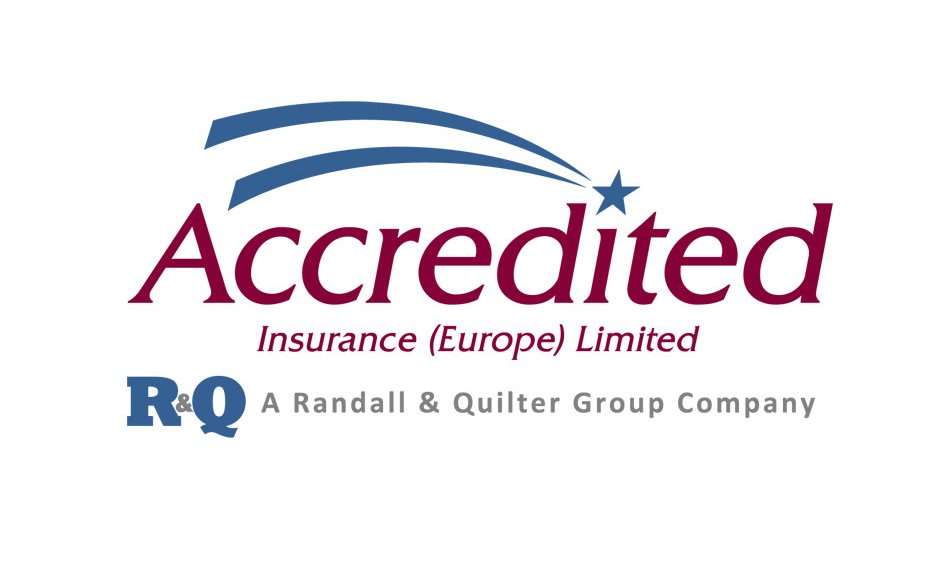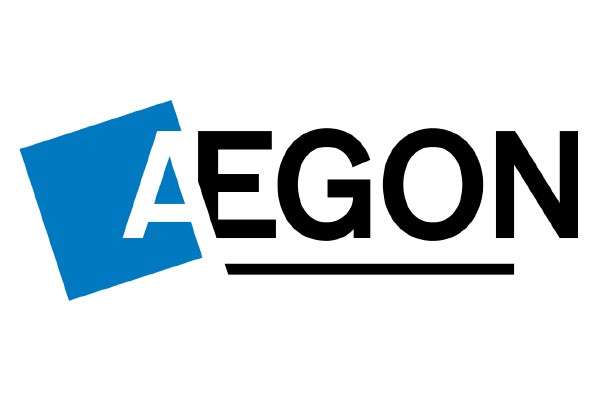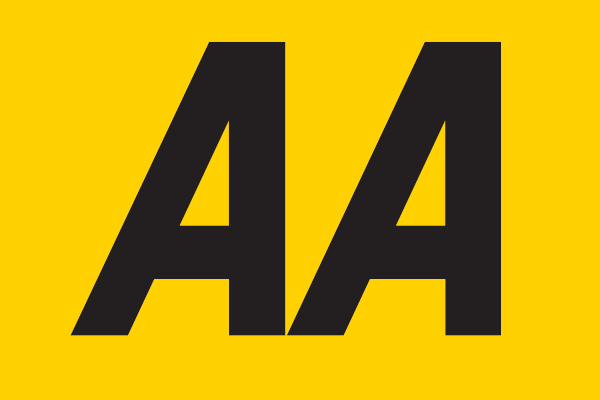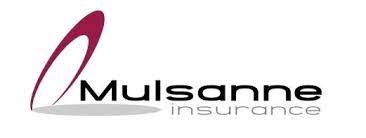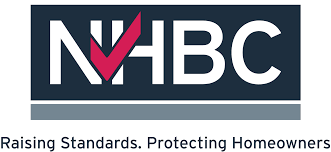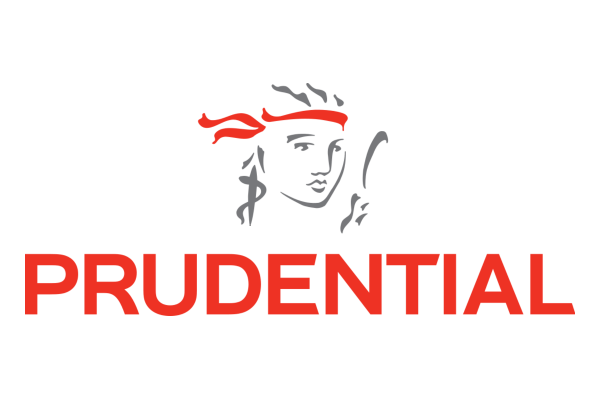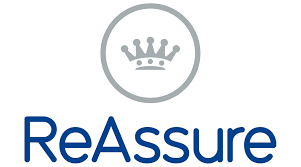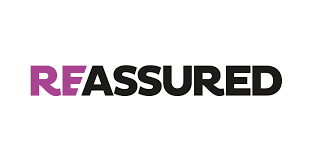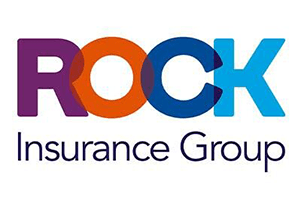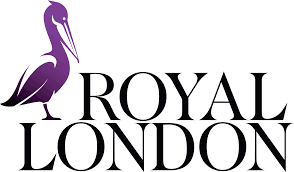Contents Insurance
What are the most common complaints received when it comes to Contents Insurance?
The most contested issue involving contents insurance seems to be repairs. Whether an item should be repaired or replaced, if replaced what is the current value, should it be replaced for a new one or should you receive a cash settlement? All these are frequently received complaints.
Search for a Company to begin a Claim
So let’s start with the basics; what is ‘contents insurance’ and what is the difference between this and your buildings insurance policy.
Although a fairly simple distinction, there is still some confusion as to whether a claim falls under buildings insurance or contents insurance. So to simplify this, think of it like this. The part of your home that is fixed such as walls, the roof, ceiling, floors etc. are all covered under your buildings insurance. Virtually anything you would leave behind if you were to move house. If it is moveable such as furniture, appliances such as a fridge or dishwasher, carpets and curtains, all these will come under ‘contents insurance’.
Whether you rent your property or own it, it is always a sensible idea to cover your contents by insuring against damage and theft. There are additional types of cover you can get such as accidental breakage / damage so it is worth checking exactly what is and what is not covered. It is vital that you understand exactly what is covered as there are some items that are not covered under the standard terms of cover. For example, if you have downloaded a lot of music or digital content to your laptop and it is damaged or stolen, you would need additional cover to insure you against the cost of replacing it.
Most insurance policies will cover your contents against loss or theft as well as damage and some will extend the cover to your personal possessions whilst being away from the property. Again check with your insurer so that you are aware of any restrictions on this cover from the start of the policy.
Most content insurance policies cover permanent members of the household but not anyone staying with you, so again be careful if you have people living with you on a temporary basis or who are not family members.
Most policies include cover for:
- Damage by fire
- Damage by flood or water damage.
- Weather related damage such as storms.
Beyond this basic cover, check each policy to see exactly what is covered.
We frequently get emails asking ‘what is the best contents insurance policy’ or ‘what is the cheapest insurance company’. When you are looking for a quote your focus will be on cost when in reality you should be thinking about cost and cover. When comparing insurance policies make sure that you’re comparing like for like. Just because one insurance company is cheaper than another does not make them better. If you take the cheaper insurance option to then find out later that your cover is not as good, or that you are not covered at all, then you will regret taking the cheaper option at the outset.
If you have pets then it is vital that you think about what is covered and what is not covered. This can be quite upsetting if your pet chews your brand new sofa to find out it is not covered by the insurance company! Normally damage caused by pets is not covered although liability to third party property normally would be. If your pet injures someone they would be covered by most policies but the animal wouldn’t. So if you value your cat or dog, take out a pet insurance policy to cover any illness or loss of the pet.
Repair or replace? Most policies will offer new for old cover. There are sometimes excess payments to be made when a claim is submitted so make sure that your policy is clear about what excess you have to pay in the event of a claim on your content insurance policy. New for old means you would get the full cost of the items that are damaged or stolen in the event of a claim. However some will restrict the claim to the current value of the item so check it first.
Some people think that if they are renting a home it is the landlord’s responsibility to cover the contents. If they belong to the landlord then this is normally the case but if they are yours, most landlords will not have insured your items. Therefore treat your own contents this way and ensure that you are fully insured for your own contents.
So how much should you insure your contents for? Well this is personal to you and obviously depends what you own.
You should first make a list of all the standard items that will be in your home listing all your belongings including furniture, TV etc. These are your general contents and will be covered under your ‘sum insured’.
However there will be restrictions on any valuable items so list these separately. If you have valuable pieces of jewellery for instance, you should have them valued, photographed and supply the insurance company with the valuation.
You should also ask the insurance company to note them on a separate ‘schedule’ in your policy and this way there is no doubt or argument as to whether they are covered and under what restrictions.
If you are in doubt as to whether an item is covered ask. Get the insurance company to note the item in the policy as a single item.
So we have given you some guides as to how to insure your contents and what to look out for but what happens in the event of an insurance claim. What do you do?
The first and most important part of any insurance claim is first contacting your insurance company.
Contact them as soon as they incident occurs, and ask them to record it. You will be asked to complete an insurance claim form. Make sure you keep a copy of the claim form when you submit it, you may need it in the future.
The insurance company may want to ask you questions, this is normal. You should know that most insurance companies’ record telephone conversations when people submit claims and they have sophisticated technology to raise alerts to any potential fraudulent claims. Make sure that you have all your facts and figures right before you contact them; you will be asked to back up your claim with documentary evidence such as invoices and receipts.
So what happens when you make your claim and the insurance company either so “no you are not covered” or offer you a reduced amount in settlement.
First check your policy and if you are unsure, speak with an insurance broker or professional who will check the terms and conditions for you.
Sometimes the insurance company will have a good reason for declining the claim or reducing your settlement.
If you are covered under your policy but are not happy with the insurance company’s response the first port of call is the insurer themselves. Send a letter to them registered post, laying out why you are not happy with their decision and what you want to be done about it.
If you are not happy with their reply, or if you do not get a reply within a reasonable period (say 28 days) then you can raise a complaint about the insurance company.
There will be details in the policy about how to make a complaint against your insurance company and if not, look at their website most will publish the complaints procedure on there.
If you make a complaint to the insurance company and are not satisfied with the outcome then you have further help in the form of the Financial Ombudsman Service. This is in effect the insurance complaints ombudsman.
All insurance companies have to adhere to the rules and regulations of the Financial Conduct Authority, the FCA.
This is a free service and they will listen to your complaints about the insurance company. They will mediate between the two of you and try to resolve your complaint to the satisfaction of both parties.
Once the Ombudsman has made its decision the insurance company is bound to adhere to it. It must comply with the ombudsman’s decision.
If you are not happy with the decision, then you have the right to take the insurance company to court.
Going to court can be costly and time consuming and the court will also take into consideration the impartial findings of the Ombudsman. Therefore it is always best to try and resolve matters with the insurance company at this stage if you can.
You are limited time wise with Ombudsman reviews of claims. You will need to submit your case to them within 6 months of receiving the decision from the insurance company and within six years of the event taking place.
If you are unsure about your right to claim or need help pursuing the insurance company then make contact with us and we will help you in the first instance. We know the law and sometimes the insurance company deal with matters more efficiently when they know you have someone on your side that is used to dealing with claims.
Use our contact form if you are in any doubt, we are here to help you.



